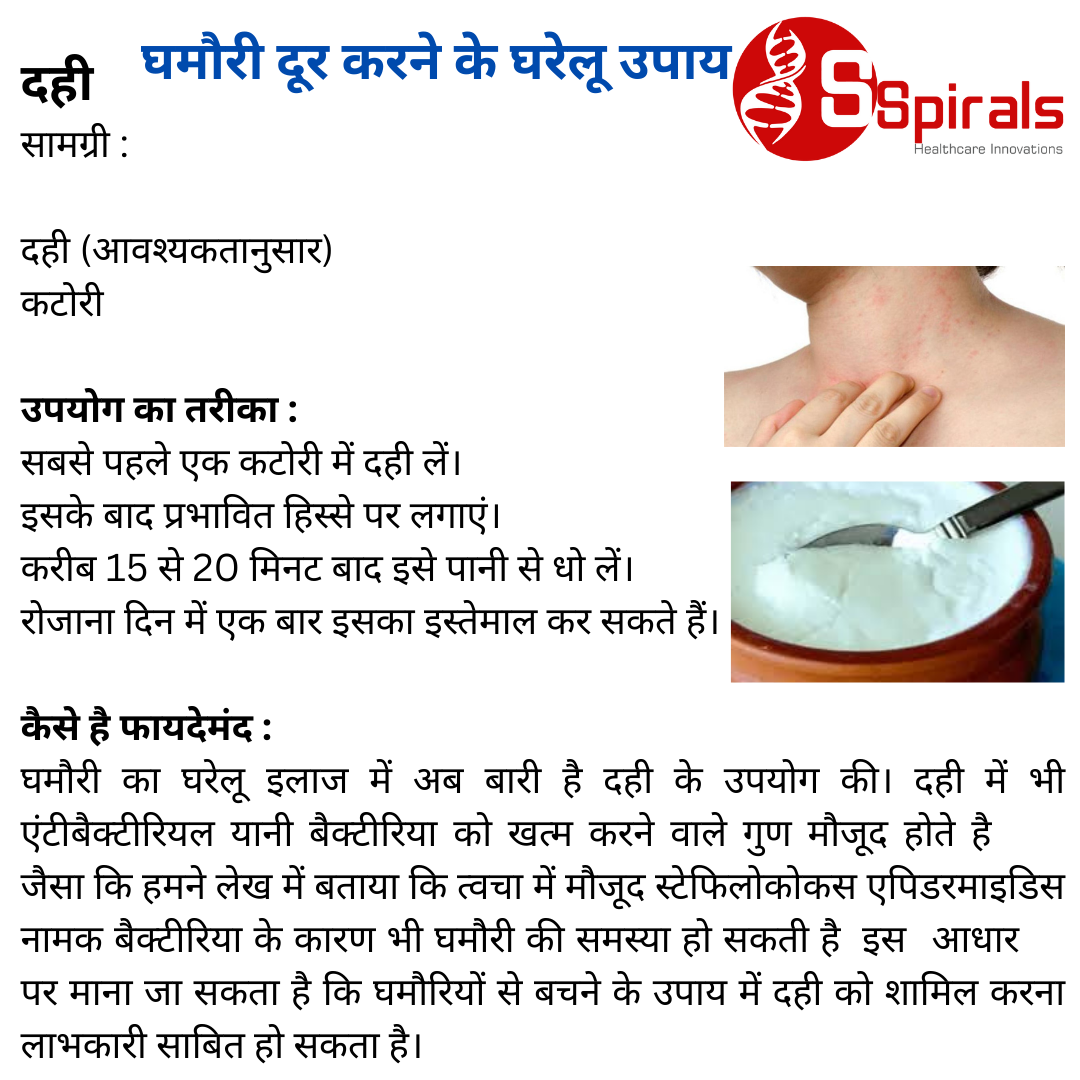Combating Malaria: A Doctor's Perspective
As a doctor, I have encountered numerous cases of malaria throughout my career, witnessing firsthand the devastating impact this disease can have on individuals and communities. Malaria, caused by the Plasmodium parasite, remains a major global health concern, particularly in tropical and subtropical regions. In this blog, I aim to shed light on the importance of understanding malaria, its symptoms, prevention strategies, and ongoing efforts to combat this life-threatening disease.
Understanding Malaria:
Malaria is transmitted through the bite of infected female Anopheles mosquitoes. Common symptoms include fever, chills, headache, muscle aches, and fatigue. In severe cases, it can lead to organ failure and even death, particularly among vulnerable populations such as children and pregnant women.
Prevention and Control:
Prevention is crucial in the fight against malaria. Measures like using insecticide-treated bed nets, indoor residual spraying, and wearing protective clothing can significantly reduce mosquito bites. Additionally, antimalarial medications, such as artemisinin-based combination therapies, are effective in treating the infection and preventing its spread.
Global Efforts:
International organizations, governments, and healthcare professionals worldwide are actively working to combat malaria. Initiatives focus on early diagnosis, prompt treatment, and the development of new interventions, including vaccines. Collaborative efforts between researchers, policymakers, and communities are crucial to achieving sustainable progress in malaria control.
Be the first to add your comment
.jpg)





_(1).png)

